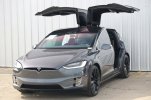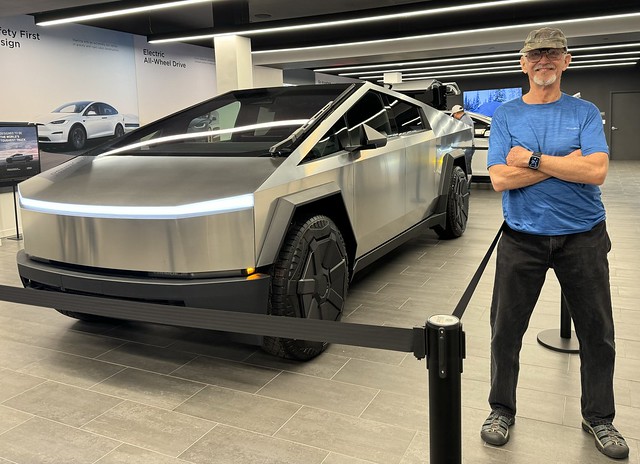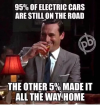- Joined
- Jul 3, 2012
- Messages
- 15,239
- Display Name
Display name:
Velocity173
Well this administration and many governments around the world are trying to do just that. It’s the argument of transitioning to renewables will drive the economy in opening up new sectors where O&G will be lost.Good point. We should stop all federal subsidies for oil and gas production, as well as on gasoline, and watch the price soar to over $10/gallon.
The tax credits on EV's aren't even a blip in the federal budget compared to what the subsidies on the vertical chain of oil production looks like.
The US has always invested heavily in transportation as cheap transportation is one of the many things our government does to push our economy to be so strong. Gas and EV alike. Quit yer bellyaching, and tilting at windmills, it's gotten old.
With record profits, I don’t think cutting subsidies would hurt O&G. They know if they raise the price of a gallon of gas, it’ll just speed up the adoption of EVs.








